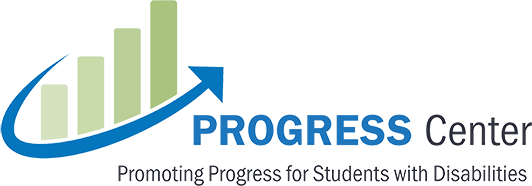Teams are a vital part of an effective multi-tiered system of supports (MTSS) across both academics and behavior as well as special education. Making connections across the various teams used in MTSS and special education can be challenging. This resource from NCII and the PBIS Center, provides information about how data-based individualization (DBI) can support IEP implementation and provides a table with key considerations for teams working across the MTSS system.
This module, Parents: Supporting Learning During the COVID-19 Pandemic, from the IRIS Center offers tips to support your child’s learning at home during the COVID-19 pandemic.
Including learners with significant communication needs in the general education classroom will require additional planning for general and special education teachers as well as related service providers. These include speech-language pathologists, physical and occupational therapists, and vision/hearing specialists. Coordinating the work of these service providers and leveraging their expertise can result in a high quality experience for all the learners in an inclusive class.
The National Center on Intensive Intervention has developed the tools charts to assist educators and families in becoming informed consumers who can select academic and behavioral progress monitoring tools. The charts display the technical rigor of the assessments as reviewed by a Technical Review Committee representing experts in assessment. The charts are interactive so that users can filter, sort, compare, and review the data in order to select an assessment that meets their needs.
In this video, Drs. Mitch Yell and Tessie Bailey share information about the 2017 Endrew F. v. Douglas County School District decision by the U.S. Supreme Court. They highlight implications for writing a student's IEP and discuss the importance of setting ambitious IEP goals to ensure that students make progress considering their individual circumstances.
The use of empirically validated instructional practices is pivotal for students with the most significant cognitive disabilities to make academic progress in inclusive settings. The purpose of this literature review is to extend previous literature reviews to bring the review of literature up-to-date on pedagogical practices for students with the most significant disabilities in inclusive settings.
The Working Together Series from CADRE includes five interactive self-directed courses that provide families and educators with strategies for working together and through conflict. Anyone supporting children or youth with disabilities may benefit from this series, however; the setting in which collaborative problem solving and conflict resolution takes place within this series is typically the school or IEP meeting. Facilitation materials are also available.
